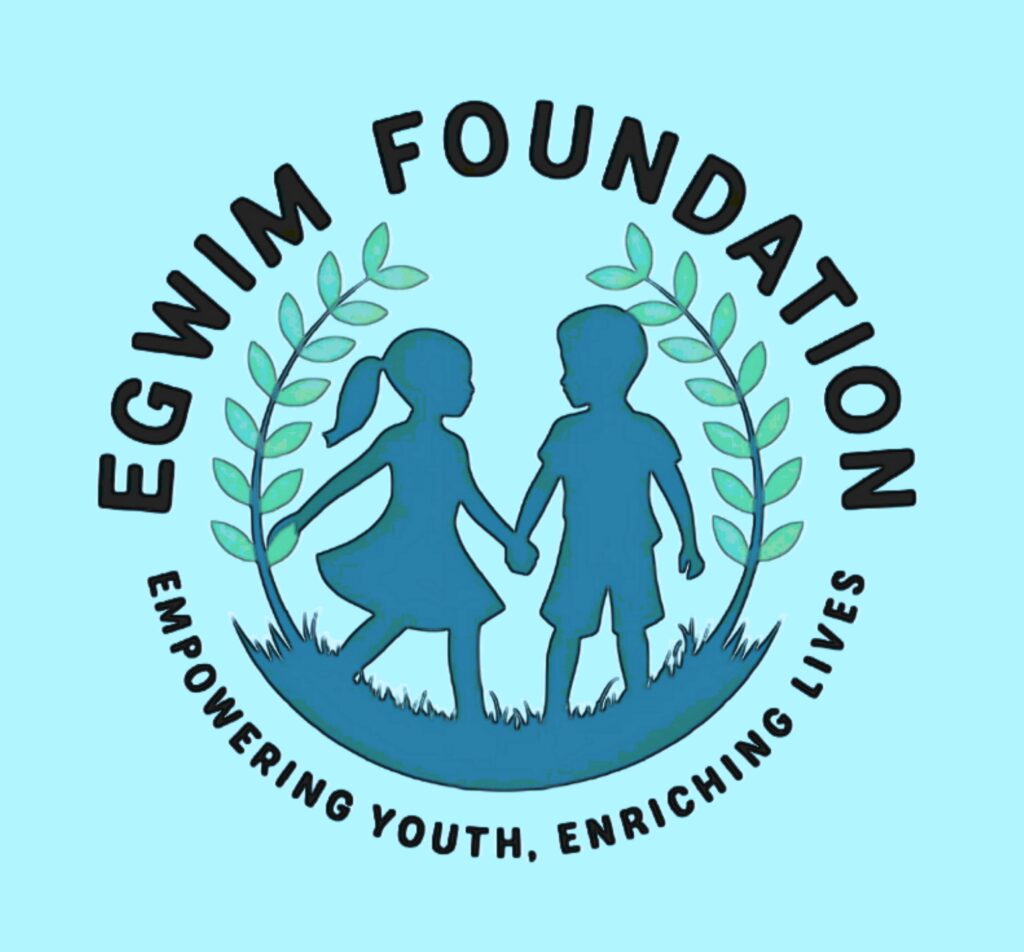
Seeking Educational Grants for Africa’s Underprivileged Communities

PHOTO CREDITED TO: Children In Need Org Sierra Leone
In the heart of Africa, where vibrant cultures meet the challenges of underprivileged living conditions, education emerges as the brightest ray of hope. Yet, for many, the doors to quality education remain firmly shut, obstructed by economic barriers and limited access to resources. The journey to secure educational grants for Africa’s underprivileged communities promises to transform countless lives and empower future generations. Together, let us explore the pathways to accessing these grants and igniting the flames of knowledge in the hearts of millions.
Understanding the Importance of Educational Grants

PHOTO CREDITED TO: Kange Children Org Uganda
Educational grants are not mere financial transactions—they are lifelines for communities striving to break free from the cycle of poverty. These grants enable schools to provide better facilities, improve teacher training, and offer scholarships to students who would otherwise be left behind. For underprivileged communities, these resources pave the way for:
- Improved infrastructure: Classrooms equipped with modern learning tools and safe environments.
- Access to technology: Bridging the digital divide with computers, internet, and e-learning platforms.
- Teacher empowerment: Enhancing educational outcomes with better-trained and motivated educators.
- Student scholarships: Breaking financial barriers for the most deserving young minds.
Challenges Faced by Underprivileged African Communities

PHOTO CREDITED TO: Children In Need Org Sierra Leone
The road to education is riddled with obstacles. Underprivileged communities in Africa grapple with limited government funding, inadequate school facilities, and a lack of qualified teachers. Rural areas, in particular, face the compounded challenges of:
- Geographical isolation: Many students walk for hours to reach the nearest school.
- Scarcity of resources: Textbooks, desks, and basic supplies are often in short supply.
- Cultural barriers: Gender disparities and traditional practices limit opportunities for girls and marginalized groups.
- Economic instability: Parents prioritize immediate survival over long-term education.
These hurdles underscore the necessity of sustained support through well-structured grants.
Types of Educational Grants Needed

To address these challenges, the Egwim International Foundation needs various grants, each tailored to specific needs. Here are some significant categories:
1. Institutional Development Grants
These grants aim to strengthen the foundation of educational institutions. We use it fund projects such as constructing classrooms, providing laboratory equipment, and improving library facilities.
2. Teacher Training Grants
Designed to enhance the skills of educators, these grants support workshops, certifications, and advanced training programs, ensuring teachers can deliver quality education effectively.
3. Student Scholarship Grants
Scholarships are lifelines for individual students who demonstrate academic potential but lack financial means. These grants cover tuition fees, transportation, and even daily meals.
4. Technology Access Grants
In today’s digital age, these grants focus on equipping schools with computers, tablets, and internet connectivity, ensuring students can compete on a global stage.
Key Organizations Offering Educational Grants in Africa
Several global and regional organizations are dedicated to supporting education in Africa. Below are some noteworthy contributors:
- UNESCO: Provides funding for projects aimed at improving literacy and vocational training.
- The World Bank: Offers grants for large-scale educational reforms and infrastructure development.
- African Development Bank (AfDB): Focuses on grants for STEM (Science, Technology, Engineering, Mathematics) education.
- MasterCard Foundation: Runs scholarship programs for underprivileged African youth.
- Egwim Foundation: Provide funding for Youths and Elderly education including the girl child and empowering women to understanding the need for education and their roles in today’s society
- Global Partnership for Education (GPE): Channels resources to the most disadvantaged regions to ensure every child has access to education
Each of these organizations has specific application processes, eligibility criteria, and focus areas, making it crucial for applicants to align their proposals accordingly.
Steps to Apply for Educational Grants
Securing an educational grant is both an art and a science. Here’s a step-by-step guide to navigating the process:
Step 1: Identify the Right Grant
Research extensively to find grants that align with your community’s specific needs. Focus on grants that address infrastructure, scholarships, or teacher training.
Step 2: Craft a Compelling Proposal
Your proposal is your voice—let it speak with passion and precision. Highlight the community’s challenges, your vision for change, and how the grant will be utilized.
Step 3: Gather Supporting Documentation
Most grant applications require supporting documents such as proof of need, project plans, and financial statements. Ensure all documents are accurate and up to date.
Step 4: Engage Local Stakeholders
Collaboration with local leaders, schools, and parents strengthens your proposal, demonstrating community buy-in and sustainability.
Step 5: Follow Up Persistently
After submission, maintain regular communication with the grant providers. Persistence often pays off, showing your commitment to the cause.
Success Stories: Inspiring Change Through Grants

Across Africa, the Egwim Foundation has reached countless communities and has influenced transformative changes through educational grants. In Kenya, a rural school equipped with solar-powered classrooms is now a hub of innovation, thanks to a technology access grant. In Nigeria, scholarships funded by international donors have enabled young girls to pursue careers in medicine and engineering, shattering long-standing gender barriers.
These stories are not mere anecdotes; they are testaments to the profound impact of strategic investments in education by our organization.
The Role of Partnerships in Amplifying Impact
Collaboration is the cornerstone of sustainable development. By fostering partnerships between governments, NGOs, and private entities, the reach and efficacy of educational grants can be significantly enhanced. Joint initiatives not only pool resources but also bring diverse expertise to the table, ensuring holistic development.
A Call to Action: Building a Brighter Future Together With Egwim Foundation
Education is the most powerful tool we can use to change the world. For Africa’s underprivileged communities, it is not just a necessity but a beacon of hope. Let us rise to the occasion, supporting and advocating for educational grants that can transform lives, uplift communities, and build a better tomorrow.
